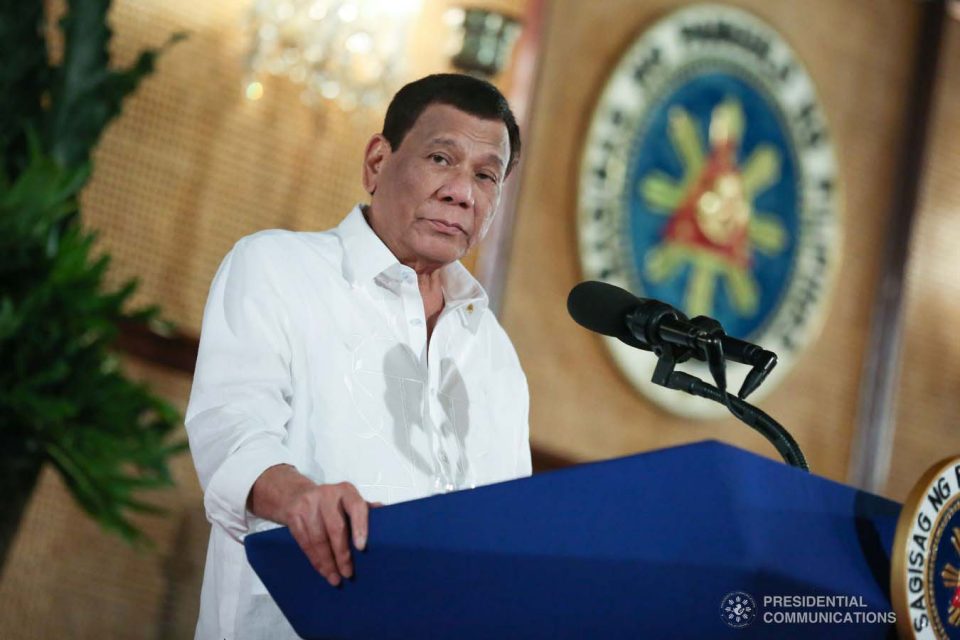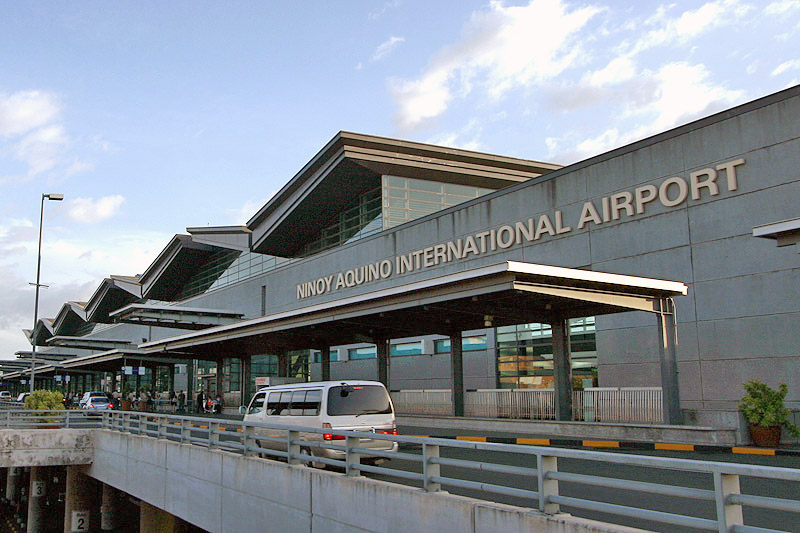
(Eagle News) – President Rodrigo Duterte said he would require the United Nations Human Rights Council (UNHRC) to state its purpose before allowing any of its investigators to come to the country.
“Let them state their purpose and I will review it,” Duterte told reporters on Thursday.
This was before the 47-member council voted on the controversial Iceland authored resolution pushing for a comprehensive review and report on the Philippine drug war.
He said that if the UN rights body would just want to sow intrigue about his work, it is better for them “to go the media and the media will tell the truth.”
“Kasi kung magdagdag lang sila sa intriga (because if they will just add to the controversy), they better go to the media and the media will tell them the truth. Eh ipalabas ninyo ‘yung footages ninyong lahat (Release all your footages) and all, and that will clear everybody,” Duterte said.
-Palace questions propriety, validity of UNHCR adoption of Iceland resolution-
On Friday, Malacanang questioned the propriety and validity of the UNHRC resolution calling for a comprehensive written report on the Philippine government’s drug war.
Only 18 countries voted for the resolution authored and pushed by Iceland, while 14 countries of the 47-member council voted against it. Fifteen member nations, on the other hand, abstained from the vote.
“We question the propriety of the resolution as well as its validity. The subject resolution not only was not unanimously adopted, but it didn’t even get a simple majority of the 47 countries. The voting is not decisive in its favor,” Presidential spokesperson Salvador Panelo said.
“This means that majority of the members are not really convinced of the resolution calling for the investigation of the so-called extrajudicial killings in our country,” he said.
The resolution, however, is not seeking an inquiry into the country, but only a written comprehensive report on the drug war.
Activists said they had initially hoped the UN would demand a formal “inquiry”, but compromised on calling for a “report” to win a majority.
It gives UN High Commissioner for Human Rights Michelle Bachelet a year to prepare a “comprehensive written report on the situation of human rights in the Philippines”.
Bachelet’s spokeswoman, Ravina Shamdasani, said the report would offer an opportunity to “get clarity around the contested facts, figures and circumstances” of the drug war.
The Philippines’ foreign affairs chief immediately rejected the resolution.
-Locsin says resolution, a “travesty” of human rights-
In a statement read by the Philippine permanent representative to the UN human rights body after the voting, Foreign Affairs chief Teodoro Locsin Jr., said that the resolution was a “travesty” of human rights.
“But let us be clear on this: this resolution is not a triumph of human rights but a travesty of them that should honor the character of the author and co-sponsors of the resolution,” his statement read.
“Do not presume to threaten states with accountability for a tough approach to crushing crime, at which some of your countries are complicit at worst and tolerant at best. You don’t have the wherewithal, so all you can do is insult. The United Nations is a collection of sovereignties and not a sovereign collective,” he said.
“Thus, the Philippines rejects this resolution. It cannot, in good conscience, abide by it. We will not accept a politically partisan and one- sided resolution, so detached from the truth on the ground. It comes straight from the mouth of the Queen in Alice in Wonderland, ‘First the judgment, then the proof.’”







